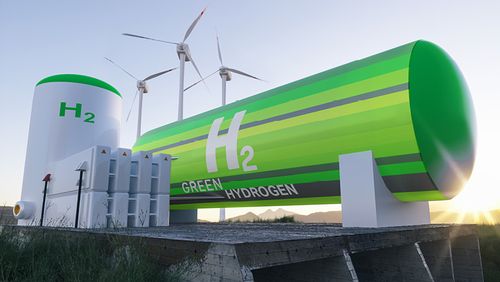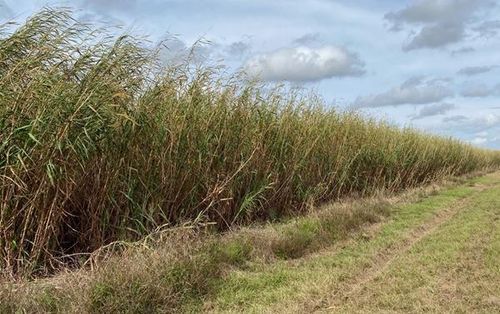Blue Biofuels has leased an additional 167 acres of farmland in southwest Florida on which it intends to grow king grass for the production of bio-ethanol and sustainable aviation fuel through its patented Cellulose-to-Sugar (CTS) process.
This acquisition brings the total amount of land up to 182 acres. This land increase is a necessary step to provide sufficient feedstock for the next step up in capacity after the recent success of the pilot line, according to a news release.
The land should provide sufficient feedstock to create around 500,000 gallons of ethanol per year. It will further be used to optimize the planting, growing, and harvesting of large volumes of king grass on the way forward to commercial production. In commercial production, Blue Biofuels expects to reduce carbon emissions by over 80% as compared to fossil fuels.
“This is a necessary step forward for the company that will provide sufficient feedstock for further upscaling to semi-commercial scale,” said CEO Ben Slager. “We expect to sow this additional land in a manner to allow for continuous cycles of planting and harvesting to yield a regular, uninterrupted supply of ready-to-process king grass.”
As has been previously reported, Blue Biofuels achieved full conversion of cellulose into soluble sugars at a rate of around 100 times that of our CTS prototype. These positive results give us the basis to make the decision to move forward with a further scale-up to a semi-commercial scale and increase feedstock production to the required levels.
Blue Biofuels Cellulose-to-Sugar (CTS) technology is an environmentally friendly, sustainable, and renewable green energy system. The CTS process has a near-zero carbon footprint that can convert virtually any plant material – grasses, forestry products, and agricultural waste such as sugarcane bagasse and wheat straw — into sugars and lignin. Sugars are subsequently processed into biofuels and lignin may be further processed into a variety of products. The CTS process is a patented and proprietary technology wholly owned by Blue Biofuels.
Blue Biofuels’ management believes that biofuel originating from the Company’s CTS process will be eligible to receive the US EPA’s generous D3 cellulosic Renewable Fuel Credits. The D3 credit is currently around $1.95/gallon of ethanol, which could provide income in addition to that from ethanol sales. This incentive is offered to all domestic cellulosic fuel producers whose fuel is used in the transportation industry. The Environmental Protection Agency’s current volume targets for cellulosic ethanol are 720 million gallons for 2023, 1.42 billion gallons for 2024, and 2.13 billion gallons for 2025.







